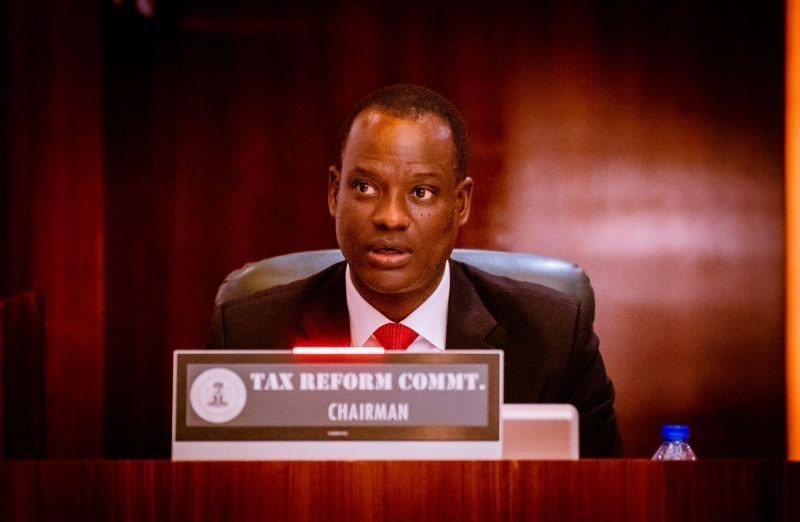Paragraph 1: Anticipated Enactment and Implementation of Nigeria’s Tax Reform Bill
Nigeria’s tax landscape is poised for a significant overhaul with the anticipated enactment of the Tax Reform Bill by the end of the first quarter of 2025. Taiwo Oyedele, Chairman of the Presidential Committee on Fiscal Policy and Tax Reforms, expressed optimism about the bill’s progress, acknowledging the robust national debates surrounding its provisions. These discussions are deemed crucial as tax reforms directly impact the populace. Following enactment, a 90-day period is planned for stakeholder engagement and preparation, paving the way for implementation by early July 2025.
Paragraph 2: Key Focus Areas and Potential Benefits of the Tax Reforms
Oyedele highlighted the comprehensive nature of the reforms, emphasizing their focus on bolstering business competitiveness. Key elements include reducing tax rates, easing the burden on small businesses, and protecting vulnerable, low-income earners. The reforms also aim to rationalize revenue collection within government agencies, addressing concerns about unnecessary levies imposed on the private sector. The creation of a national conversation around tax issues is viewed as a positive development, raising awareness and promoting a more informed approach to fiscal policy.
Paragraph 3: Addressing Fiscal Challenges and Promoting Economic Stability
Oyedele expressed a positive outlook for Nigeria’s fiscal health in 2025, anticipating a moderation of inflation due to the removal of cost-push factors that impacted 2024. This "reset," coupled with sound fiscal policies, is expected to improve the economic landscape for businesses, individuals, and families. The chairman also advocated for the development of a Producers’ Cost Index (PCI) to provide more reliable data for addressing inflation, complementing the existing Consumer Price Index (CPI).
Paragraph 4: The Need for a Producers’ Cost Index and Its Role in Inflation Management
Oyedele questioned the sole reliance on monetary policy to combat inflation, arguing that structural issues also play a significant role. He pointed to the substantial unsold inventory held by manufacturers, indicating reduced production capacity, as evidence of these structural challenges. Rebasing the CPI basket is seen as a step towards more accurate inflation measurement. However, Oyedele stressed the need for a PCI to capture the factors driving producer costs, such as foreign exchange fluctuations, energy prices, transportation challenges, infrastructure deficiencies, and high interest rates.
Paragraph 5: Tailored Inflation Rates and Protecting Vulnerable Populations
The chairman emphasized that households, businesses, and individuals experience inflation differently, necessitating a nuanced approach. He highlighted the disproportionate impact of rising prices on vulnerable populations, often exacerbated by taxes and levies on essential goods and services. The proposed tax reforms address this by zero-rating VAT on basic consumptions like food, health, and education, aiming to mitigate the burden on those most affected.
Paragraph 6: Utilizing PCI Data for Enhanced Policy Decisions
Oyedele concluded by reiterating the importance of a PCI alongside the CPI for a more comprehensive understanding of inflation dynamics. By capturing the factors influencing producer costs, the PCI would provide valuable data for policymakers to develop targeted interventions. This data-driven approach would allow for a more informed assessment of the effectiveness of monetary policy and other measures aimed at managing inflation and supporting sustainable economic growth. The comprehensive tax reforms, coupled with improved data collection and analysis, are positioned to contribute significantly to Nigeria’s economic stability and prosperity in 2025 and beyond.














